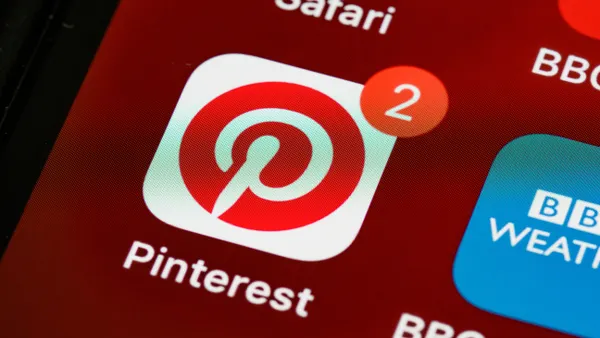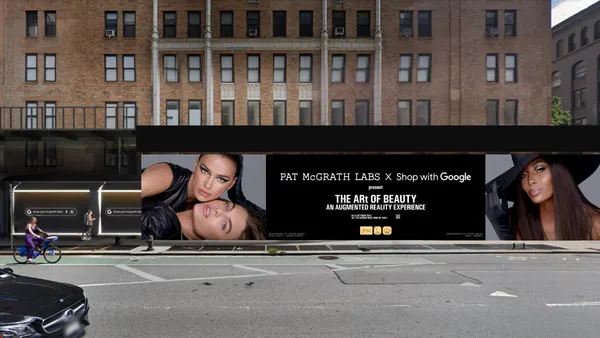Dive Brief:
- Party City is moving to close 45 of its 870 stores in 2019, according to its most recent earnings filings. The closures target areas where there are other nearby Party City stores that could capture those lost sales. The move is meant to free up capital to expand into "underserved markets," the company said.
- In an analyst call, Party City CEO Jim Harrison said the company could open more than 200 additional stores, according to a Seeking Alpha transcript. This year the party supplies retailer plans to pilot four smaller format stores, which run between 7,000 and 10,000 square feet, in addition to a new concept meant to be a "crisper, cleaner and easier shopping environment" with "a more open footprint," Harrison added.
- Party City's first-quarter net sales increased about 1% year over year to $511.1 million as comparable-store sales fell 1.4%, primarily because of a helium shortage. Its net loss widened considerably, from $1.2 million to $30.3 million, as expenses increased by more than $35 million. Among those expenses was $18 million in charges related to its store closures.
Dive Insight:
The word "helium" was mentioned 54 times on Party City's quarterly conference call on Thursday. Without declines in sales attributable to the shortage, the retailer's chief accountant said comps would have increased 0.7%. But the company also announced that it had a new source of helium to provide additional supplies for the next two and a half years.
Over the long run, Party City is looking to make the most of its stores, with the accelerated closures aimed at improving "improve the overall health of our store portfolio," Harrison said in a statement.
Party City appears in a more financially and competitively healthy position than others shuttering stores this year. As of March, domestic retailers announced 5,399 store closures and 2,396 store openings, compared to 5,726 closures and 3,243 openings for all of 2018, according to the latest Coresight Research. Many of those are coming from bankrupt retailers, including Shopko, Payless, Gymboree and Charlotte Russe, which have all moved to wind down their store bases entirely.
Others are hurting, too. Facing sales declines, Dollar Tree said in March it would close nearly 400 stores. Struggling apparel retailer Francesca's and drug store retailer Fred's have also announced major closure plans.
Party City has stayed relatively healthy in an upheaval across retail, thanks largely to a model that includes a robust wholesale business and vertical integration, which provides Party City with pricing power, nice margins and more control over its supply chain.
Last year, the retailer experimented with toy pop-ups at its Halloween City locations with products from major toy makers, including Hasbro, Mattel, Spin Master and others, as it — along with plenty of others — chased after Toys R Us' market share after the box toy seller's demise. Harrison said in a February analyst call that the pop-ups fell short of expectations, but toy sales at permanent store locations proved more encouraging. "[T]here is little doubt that toys can play a role in strengthening our overall offering," Harrison said.















